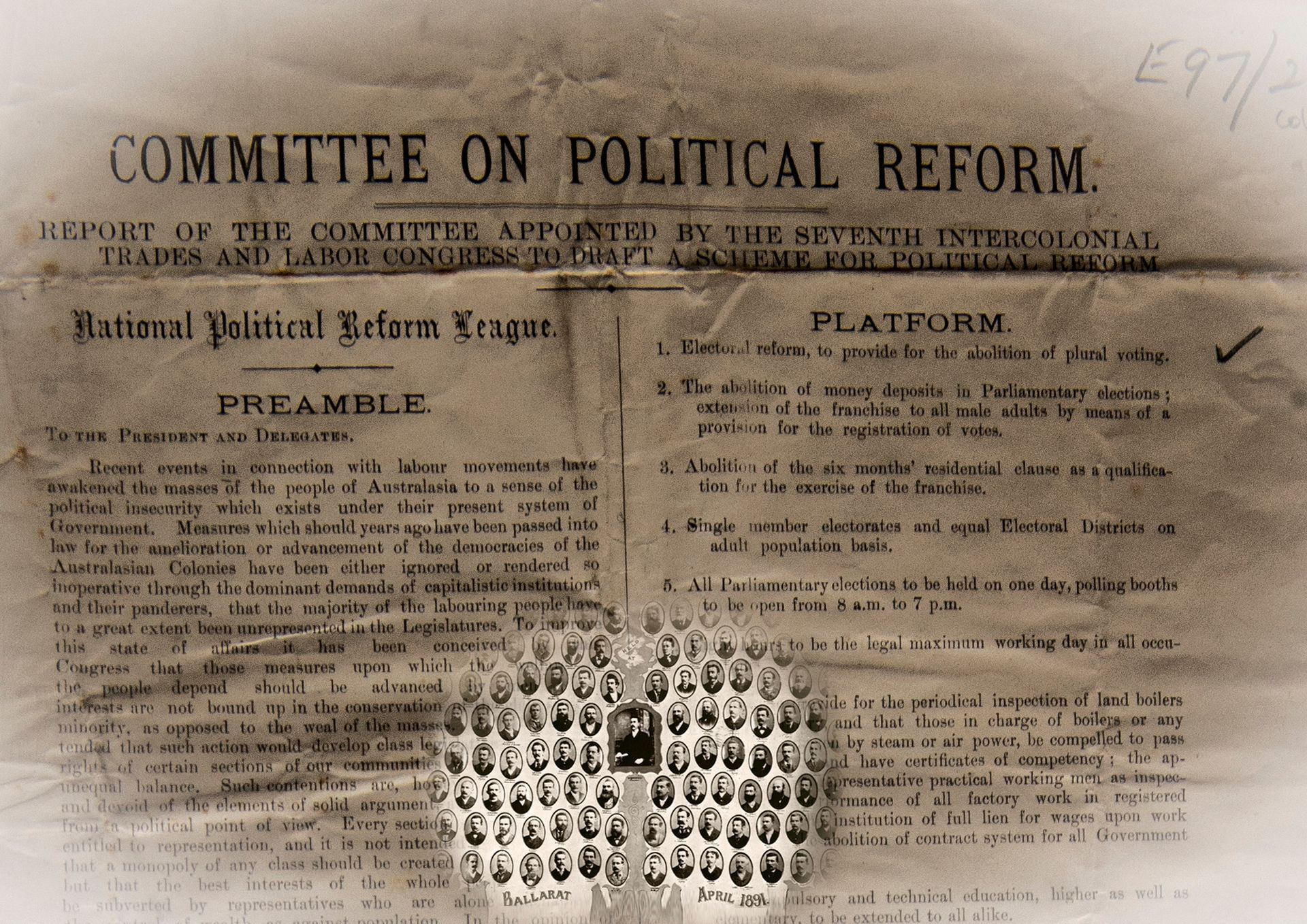Wage Theft now a criminal offence in Victoria
balltlc • July 1, 2021
Wage Theft now a criminal offence
What is wage theft?
On 1 July 2021, it becomes a crime for an employer in Victoria to:
• deliberately underpay employees
• dishonestly withhold wages or other employee entitlements
• falsify employee entitlement records to gain a financial advantage
• avoid keeping employee entitlement records to gain a financial advantage.
These crimes are punishable by a fine of around $200,000 or up to 10 years’ jail for individuals and a fine of almost $1 million for
companies.
Victoria’s wage theft laws target employers who deliberately and dishonestly withhold wages and other worker entitlements.
Honest mistakes made by employers who exercise due diligence in paying wages and entitlements are not considered wage theft.
Wage Inspectorate Victoria
Wage Inspectorate Victoria is an independent body that will promote and enforce Victoria’s:
• wage theft laws
• child employment laws
• long service leave entitlements
• owner driver, forestry contractor, hirer and freight broker obligations.
At the Wage Inspectorate our role under Victoria’s wage theft laws is to:
• inform, educate and assist businesses
and workers about their rights and obligations
• investigate wage theft and prosecute offenders
• respond to reports and tip-offs about wage theft.
We only investigate matters that occurred in Victoria or have a link to Victoria.
Independent investigations
We conduct independent, impartial and transparent investigations to determine whether we believe wage theft offences have
been committed. Our inspectors will:
• clearly explain the allegation made against a business
• provide the business with an opportunity to respond to the allegations
• ask questions about the matter
• ask for documents or other relevant information.
We will let businesses know the outcome of an investigation, if appropriate.
Strong powers
Our inspectors have strong powers that they can use to investigate potential wage theft offences, including the power to:
• enter premises
• obtain information and documents
• seize evidence
• require a person to give evidence or answer questions under oath or affirmation
• apply for and execute search warrants.
Many of these powers are coercive, meaning people must cooperate with requests made, unless they have a reasonable excuse for not doing so.
Proportionate responses
If we believe a wage theft offence has been committed, we may:
• issue a formal written warning
• accept an enforceable undertaking
• bring criminal proceedings
• refer indictable matters to the Office of Public Prosecutions for advice and criminal prosecution














